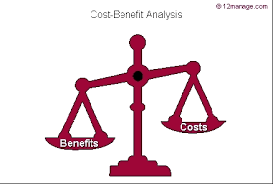The number 4 kind of Pharisaical Hypocrite is the economizer. This is a good one because it can be excused under the guise of “stewardship”. We need to be good stewards of what God has given us is usually said by somebody whose God is a cheap skate. These are the opening words of those who have limited horizons. Behind the statement is the idea that if I give money, say to orphans in Africa, that money has to come out of something else that I might to give to such as my retirement account or the churches parking lot repaving. If we actually help some folks to eat and not die of starvation we might not have enough money to put the air conditioner in the fellowship hall. God’s gifts are a limited pie and there is only so much to go around. Contrast that with Christ limitless love and we have a pretty sad picture of a real actor who has no clue as to grace.
This kind of Pharisee seems to be a good manager but in reality is an unbeliever. Jesus is scathing in His words about people like this. Jesus’ attack upon this kind of hypocrite is two pronged. The hypocrite’s devotion is only halfhearted (Matthew 6:16-18). Even worse he is paralyzed by doubt, that is, he does not really believe the promises of God to not only give us everything we need in this life and everything we need for the life to come and his heart is ultimately set on this age rather than the coming age. (verses 19-21).
So if I do not believe that God will supply all my needs there is some calculating that has to take place. Let’s put hungry or dying children in the 3rd world on one side of the scale and filling the pot hole in the church parking lot that made me lose a wheel cover and it is a no brainer. I will never meet the child. I use the parking lot at least once a week, and so do the people I hang around with.
As Franzmann says,
The Messianic will of Jesus was a will of meekness, centered in God and forgetful of
self. The will of scribe and Pharisee was the antithesis of that will, centered in
self and in the last analysis forgetful of God. Jesus could say of these energetic
and devoted practitioners of piety that “they preach, but do not practice” (23:3).
For all their practice was vitiated and made worthless by the fact that it was not
directed to God but aimed at men: “They do all their deeds to be seen by men”


